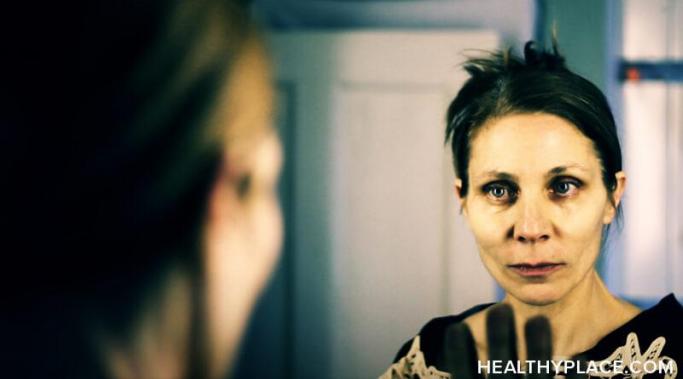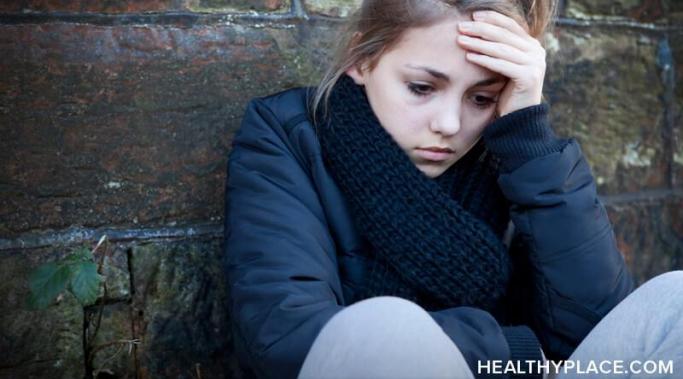Quite a few people in commenting about this blog have mentioned that they think my schizoaffective voices are spirits or come from the spirit world. Although I am a very spiritual person, I don’t believe my schizoaffective voices are in any way spiritual. Here’s why.
Schizoaffective Disorder
I am not a fan of diet culture. I abhor the idea that thinness is the ultimate ideal, and that all people, particularly women, should strive to be skinny above all else. Yet, here I am, dieting because of weight gained from taking antipsychotic medication for my schizoaffective disorder.
Exercise really helps my schizoaffective disorder, particularly my anxiety. In the past, I've found it hard to exercise in the brutal Chicago winter weather. I’ve now found a way to exercise without even leaving my apartment building that I’d like to share with you.
Living with schizoaffective anxiety sometimes makes me afraid to do pretty much anything. So, I often do things even though I’m afraid because, if I didn’t do them, I couldn’t function. But since, as I’ve said, I’m anxious about doing so many things, I have to work up a lot of courage to accomplish tasks other people do without a second thought.
It’s the time of year when seasonal affective disorder (SAD) and schizoaffective disorder really affect me. It’s late winter, the sparkle of the holidays has faded, and my SAD revs into high gear. This is an extension of the depression I experience with my schizoaffective disorder. Here’s how SAD and schizoaffective disorder have been affecting me this year.
I went to a party. It's a big deal because schizoaffective anxiety caused me to stop going to parties for many years. But then my doctor and I did a medication change that made my schizoaffective voices all but disappear. I previously had been hearing the voices as often as twice a week, sometimes more, and that made me dread parties and the thought that voices might erupt in the middle of one. This medication change has made me a lot more confident about doing things, so, when my husband Tom and I were invited to go to a party, I decided to go.
Because of my schizoaffective disorder, I often don’t enjoy the holidays. I get anxious, stressed out, and overwhelmed. But during this past holiday season, things went relatively well, despite my schizoaffective disorder. I actually enjoyed the festivities instead of just getting through them. I have a few ideas as to why and I’d like to share them.
I woke up to the sound of the phone ringing. This wasn’t unusual—the medication I take for my schizoaffective disorder makes me sleep late. But the call I was about to take would prove to be very unusual. (Note: This post contains a frank discussion of suicidal thoughts.)
My doctor and I increased my antipsychotic medication twice over the past year—once in September of 2018 and once again this past January. I’ve gained 20 pounds since the initial increase in September. I know I’ve written about weight gain due to medication for my schizoaffective disorder before, but it’s still a problem.
I need a plan for the holidays. You see, when I was about 11 or 12 years old, I decided I didn’t like Christmas because it’s the one day in the year when you’re not allowed to be in a bad mood. This occurred many years before I was diagnosed with schizophrenia and then schizoaffective disorder. But even at a young age, I was having mood swings that I didn’t understand might be anything unusual and didn’t tell my parents about.









